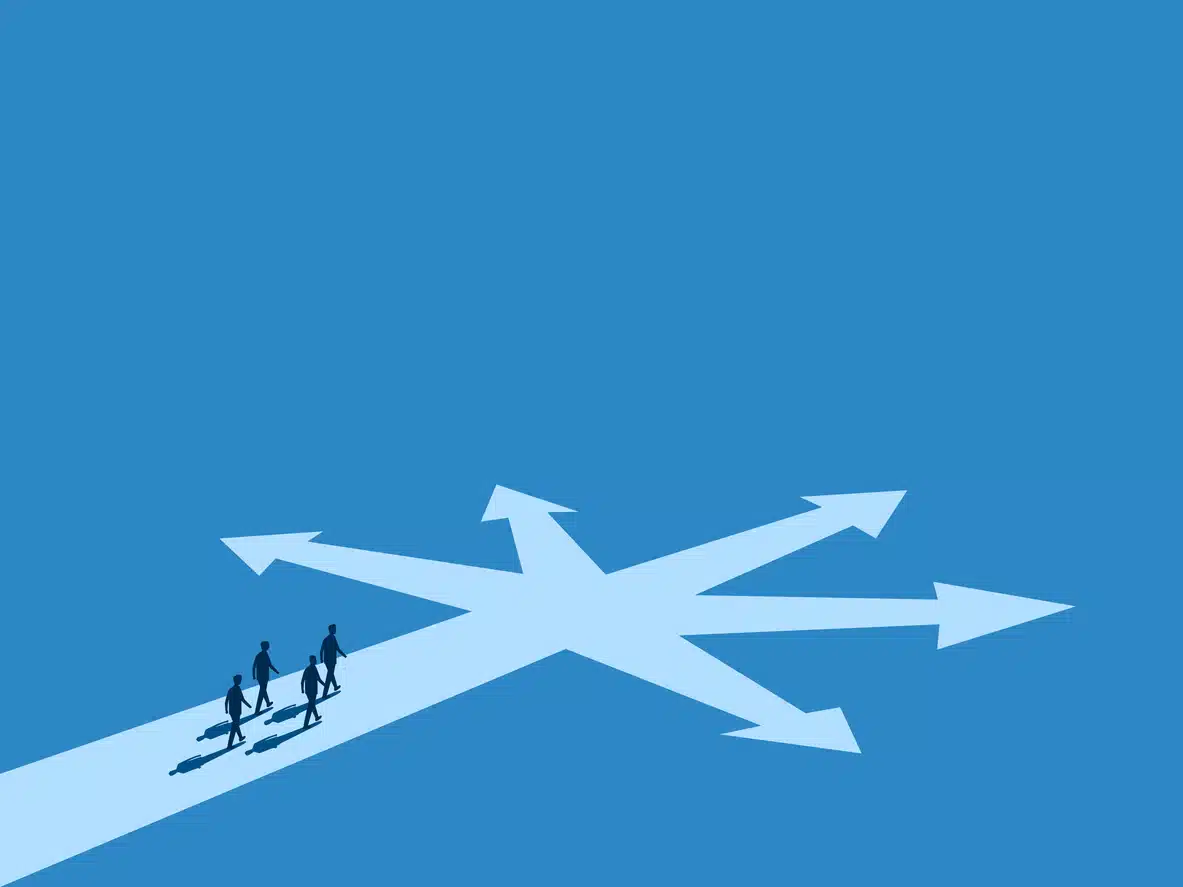Empathy Can Single Handedly Solve Your Engagement Problems

Crisis has confronted us like never before in our society, politics, and workplaces. Trauma is one of the most under-recognized epidemics in the world, with nearly 90% of adults experiencing at least 1 trauma in their lifetime. Most of the behaviors that baffle us at work stem from trauma. What look like suitable candidates for performance improvement plans can actually be underlying symptoms of post-traumatic stress disorder.
For HR, this has been one of the most difficult things to tackle since the pandemic and has largely driven professionals to change careers. Civility issues, emotional dysregulation, and unpredictable behavior are also an opportunity for HRs to develop skills that made them enter HR in the first place. How can HR remain a sounding board for employees, a safe haven, and a place where employees feel they have an advocate in their corner?
There was a time when I needed help from HR in my role. Psychological safety was threatening the health of our entire team and, after speaking to leadership without resolve, I decided it was time to make a meeting with HR. What felt like a mountain of denial and blame from leadership, HR met me with empathy which single-handedly changed my dedication and loyalty for the company.
This didn’t cost HR anything to offer me empathy in that moment of crisis, but it resulted in many of the issues HR and leaders are trying to solve. Empathy is the management skill that most affects success—but only 40% of leaders are strong or even proficient at empathy.
“If you are a leader responding to trauma has become a part of your job—a part of your job, you’ve probably never been trained for,” says Kim Scott author of Radical Candor (Be a Kick-Ass Boss Without Losing Your Humanity).
So how can HR navigate these troubled waters without becoming therapists for the workplace? This may be the biggest pushback from your leaders when it comes to adopting an empathic workplace. Is practicing empathy too emotional? Does it blur the lines between personal and professional? Not according to Forbes, who states, “When people felt their leaders were more empathetic, 86% reported they can navigate the demands of their work and life—successfully”.
We are emotional human beings before we are employees. Most issues employers are facing in the workplace stem from the fact that we have left out this basic fact. Addressing the emotional undercurrent in our workplaces resolves issues like employee engagement, retention, and turnover.
Role modeling can be one of the most effective approaches to infusing an empathic approach into your culture. When empathy changes even the most difficult of dynamics that you don’t know how to solve, it’s more likely leaders will adopt it too.
Katharine Manning says to employers, “it’s so important that they take steps now to build the cultures that can see them through this crisis and the ones we’ll all inevitably face in the future.” She says trauma is an emotional injury that affects performance and well-being.
Manning has worked on issues of trauma and victimization for over 25 years, including 15 years at the Justice Department, where she was a Senior Attorney Advisor consulting on victim issues in cases like the Boston Marathon bombing and the Pulse Nightclub shooting.
In January, she will join us to talk about the five-step method to teach HRs how to respond to trauma with empathy. Here is a breakdown of her five step method:
5-Step Method to Respond with Empathy
Adopting this mentality with challenging interpersonal dynamics at work can effectively dismantle high tensions and conflicts between employees and managers. When HR role models these principals it can combat civility issues and help ease tensions.
The Empathic Workplace gives us a map of how to take care of each other, which is the key to employee engagement. According to a 2020 State of Workplace Empathy Study, 80% of employees would leave their job for a more empathic employer and 57% would take a pay cut to do so.
Why is this? Because when you experience empathy in the workplace and feel understood, you feel psychologically safe. When you are psychologically safe, you can be more innovative, perform at your optimal performance, and have a greater sense of dedication to your current employer.
Join us for our webcast with Katharine Manning on January 8th, 2025, to uncover skills you’ve never been trained on and spark the reason you became an HR professional in the first place.




